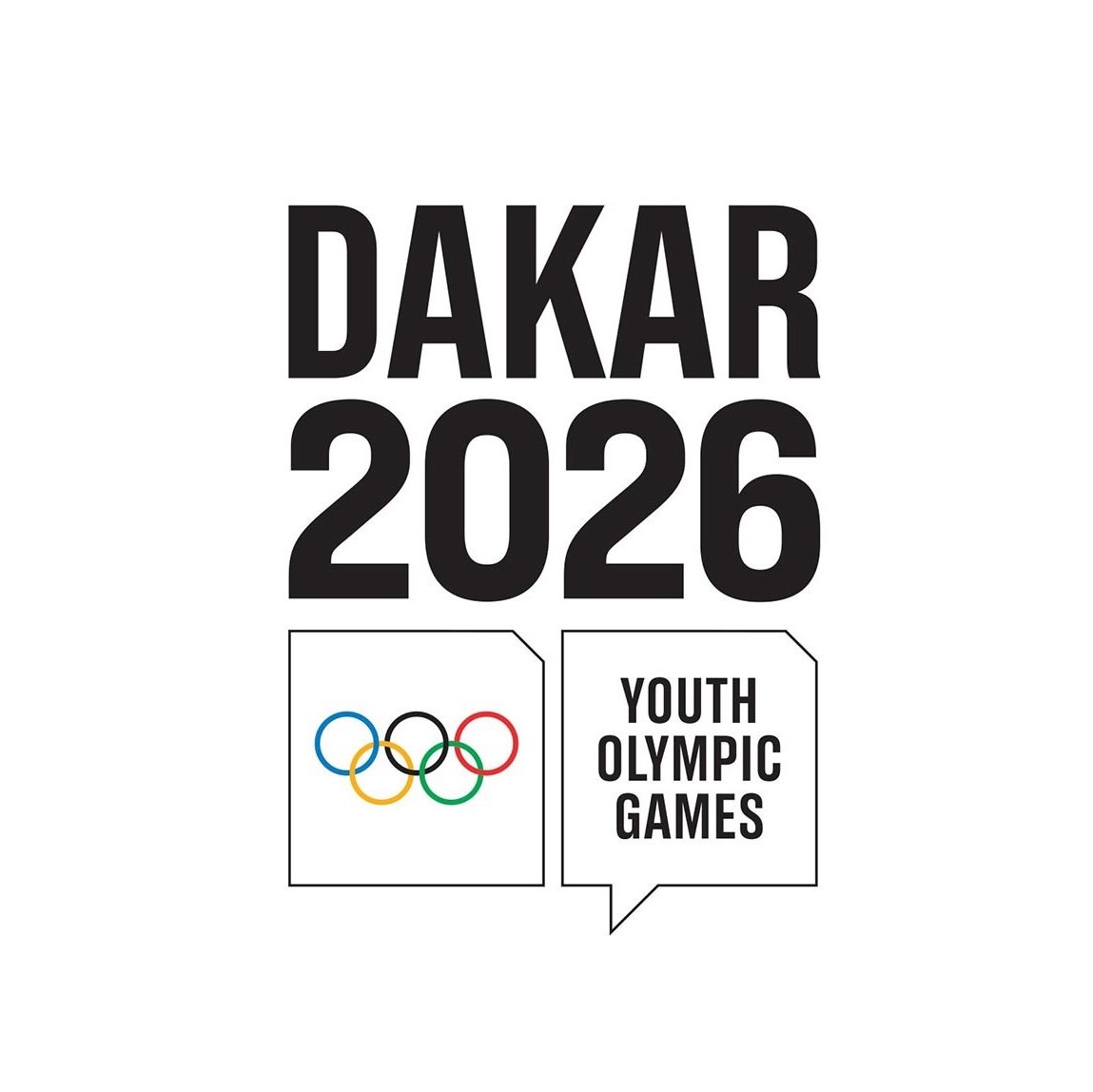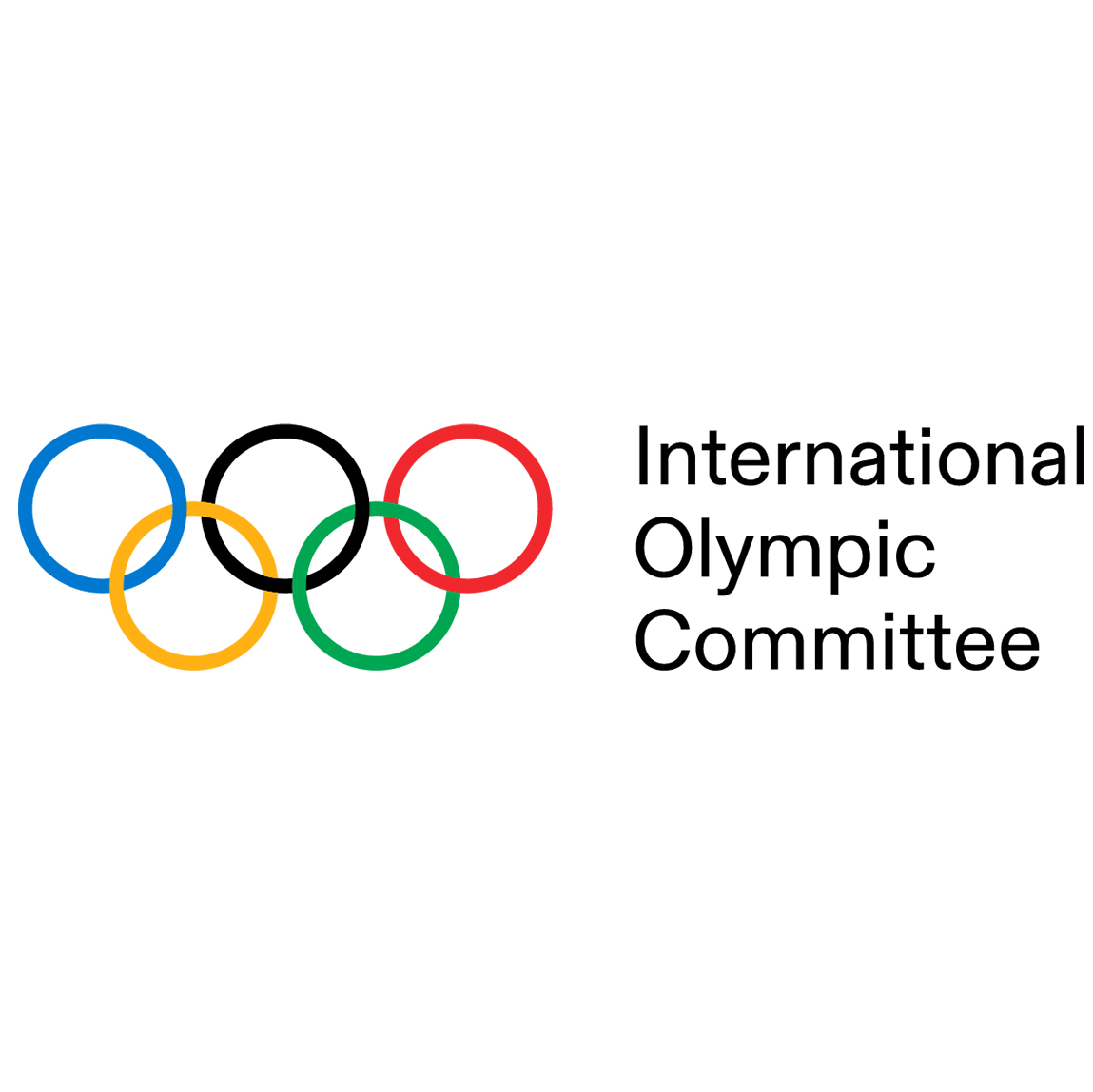
ANOC Theme Session on safeguarding calls for more NOCs to develop safeguarding policies
The panellists of today’s ANOC Theme Session on safeguarding called on all NOCs to do more in developing and implementing safe sport policies.
IOC Executive Board member, President of the Jordan Olympic Committee and chair of the International Safe Sport Steering Committee, HRH Prince Feisal Al Hussein delivered the keynote address.
Speaking to the delegates present and watching on ANOC.tv, HRH Prince Feisal urged NOCs as global sports leaders to recognise the role they can play in fostering safe, supportive sporting environments where everyone can thrive. HRH Prince Feisal provided details on the IOC Safe Sport Regional Hub Initiative which aims to strengthen collaboration between local stakeholders within the sporting and non-sporting safeguarding ecosystems and ensure that individuals affected by interpersonal violence in sport have access to the support they need, while also driving localised prevention efforts. Recognising the cultural differences and that a one size fits all is ineffective, the Hubs will tap into existing systems and build local capacity to create a long-term sustainable model.
HRH Prince Feisal urged all NOCs to ensure that Safe Sport is integrated into their NOC strategies and operations. Kirsty Burrows, IOC Head of the Safe Sport Unit, who moderated the panel discussion, explained less than 30% of the NOCs have safeguarding policies and so there is a lot more work to be done.
President of the Panama NOC Damaris Young began her presentation by asking NOCs to reflect on what they are doing within their countries and to ask themselves what can they do. Young looked at how the safe sport office of her NOC is managed, recommending that the starting point is always the development of the strategic plan. From there an operation plan can be implemented with regular controls and annual reports to assess impact and costs. The mission of any safe sport is to prevent and to do this raising awareness and capacity building is one of the best ways of moving forward. However, where prevention is not possible it is vital to have effective reporting and handling of potential cases.
Portugese Olympic Committee Secretary General Jose Manuel Lemos Araujo explained how safeguarding was added to the broader ‘Pelo Respeito’ (For Respect) project. Currently, a study is being conducted into harassment and abuse of athletes in Portugal which will inform the development of policies and providing educational resources.
Uganda Olympic Committee President Donald Rukare addressed two pillars: setting the tone and recognising the context. He aimed to debunk the perception that safeguarding is sometimes thought of as only being an event-specific issue rather than a year-round issue. Speaking from the context of Uganda, he explained how there are 65 different tribes in the country all of whom have different cultures and understandings of acceptable behaviours. Setting the tone from the leadership level down is therefore critical.
























